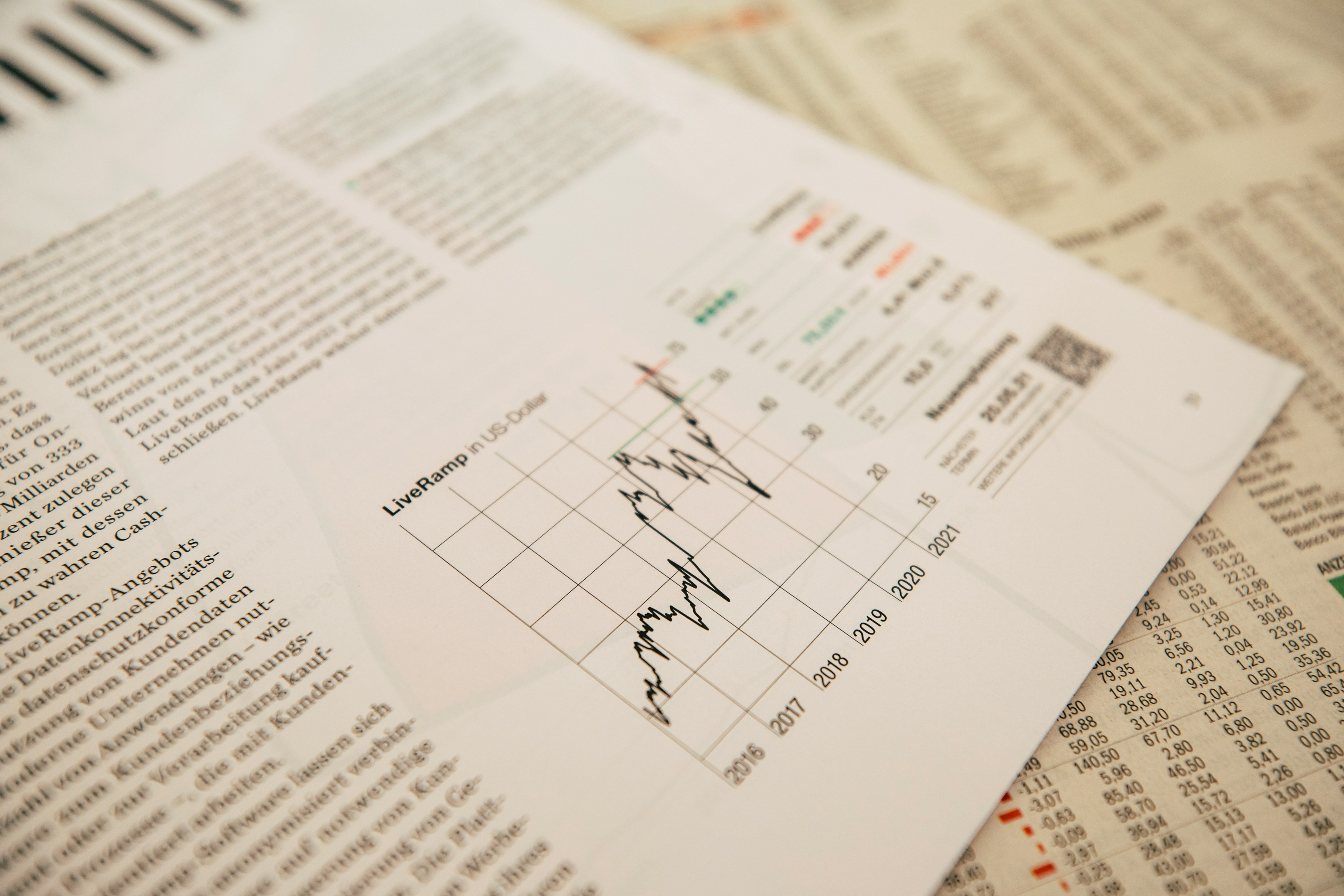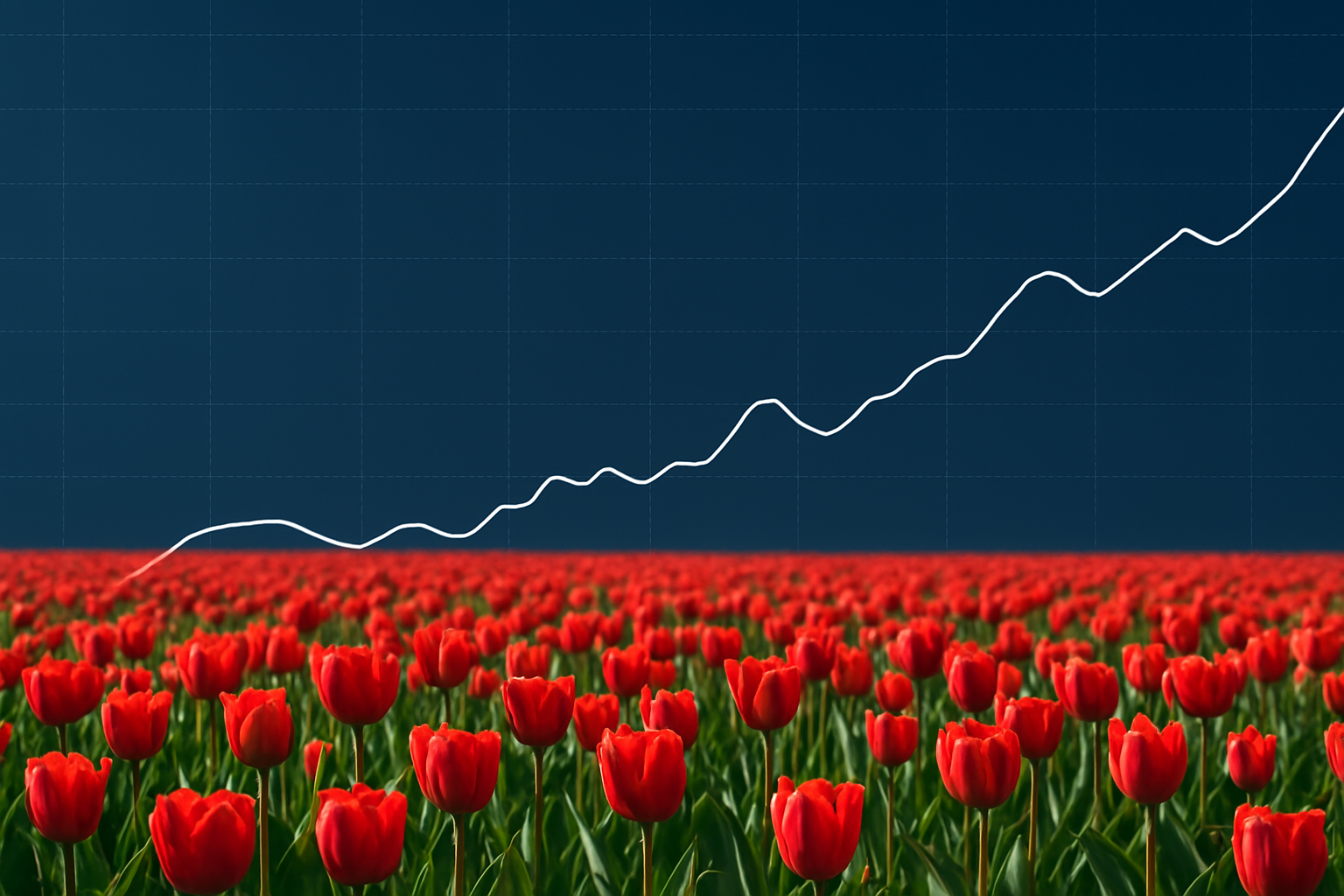Award-winning financial planners who help you live the life you want
Chat to us

Life is the why.
Money is the how.
Whatever life you want, we help you reach it. Through a financial plan that’s easy to follow, and an open door to advice at every stage of life.


"It’s all about trust. Who would you really trust with your entire future? It’s a daunting question, but just meet Cavendish Ware – you will know."
MD, PR Consultancy
Services designed around you, delivered over decades


"Their advice is better than any therapy - they’ve even managed to make me smile about the part we can never look forward to: the end game! I always leave their office with an appetite and a zest for life."
Founder and Business Owner
Insights and ideas
Discover more insights
Discover more insights








